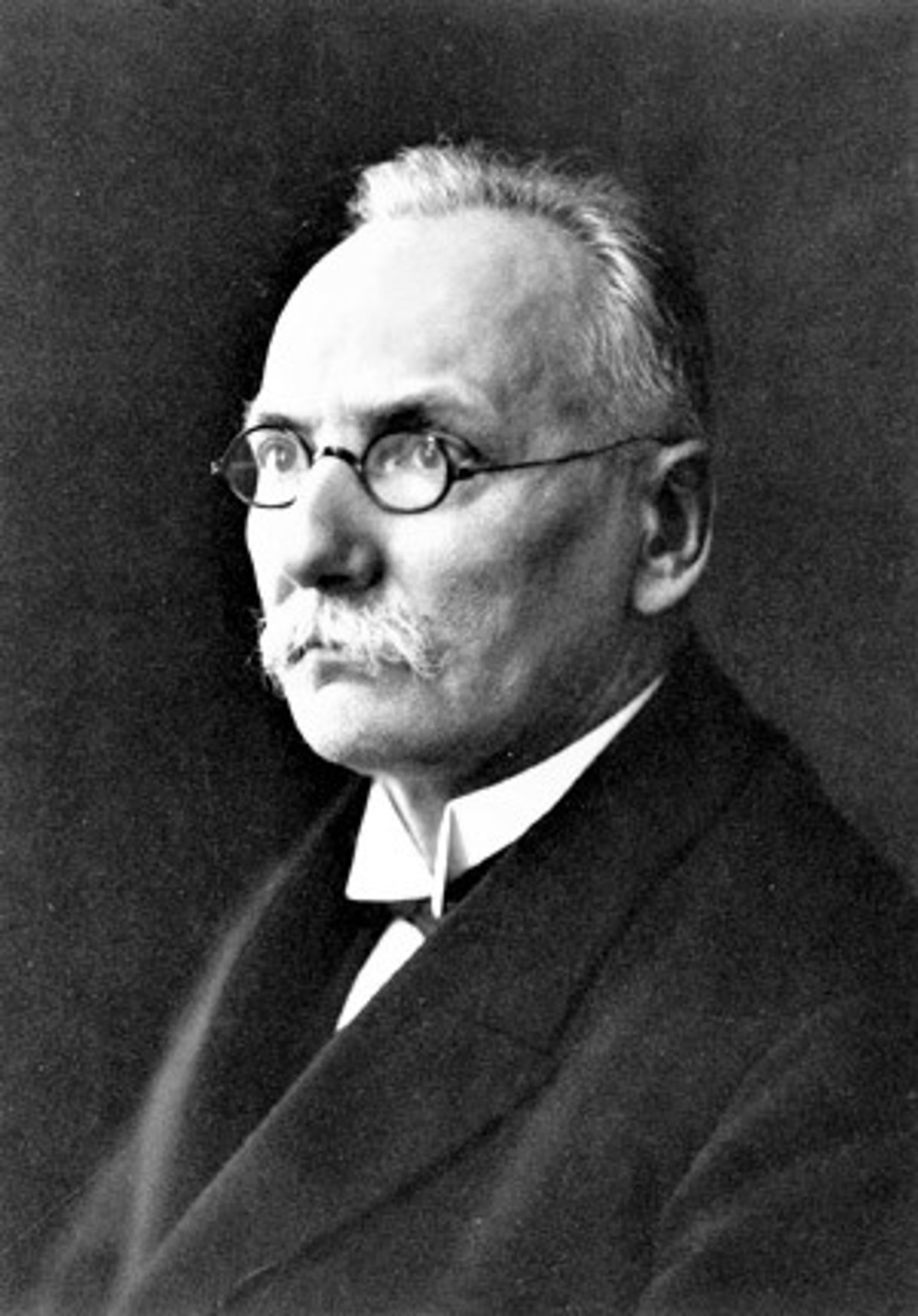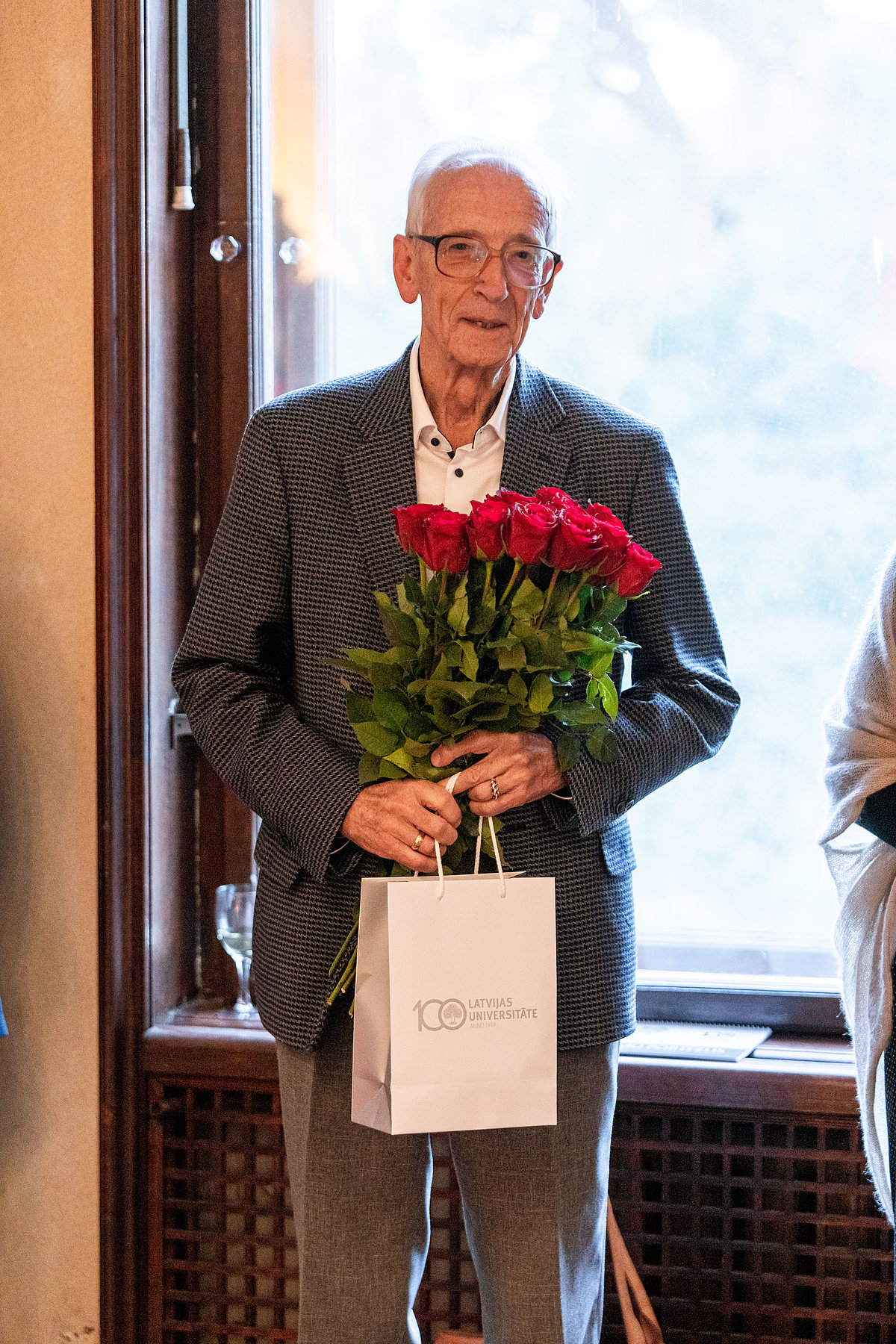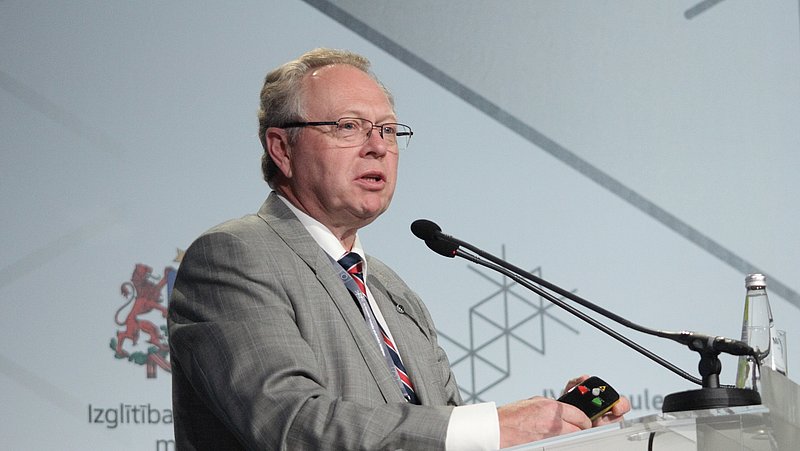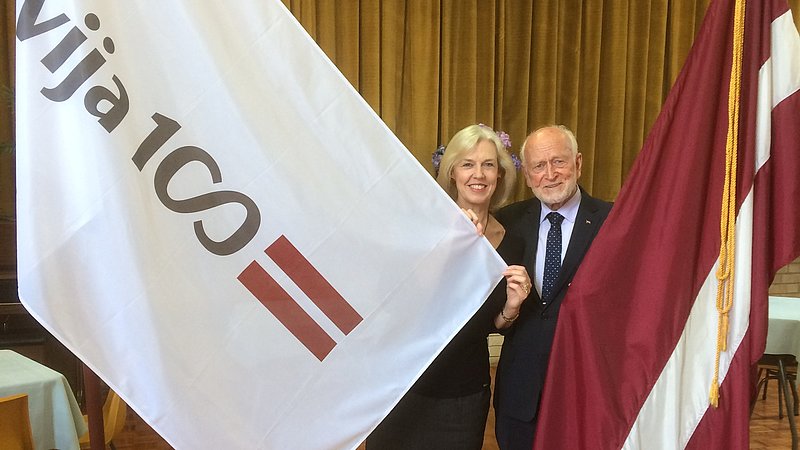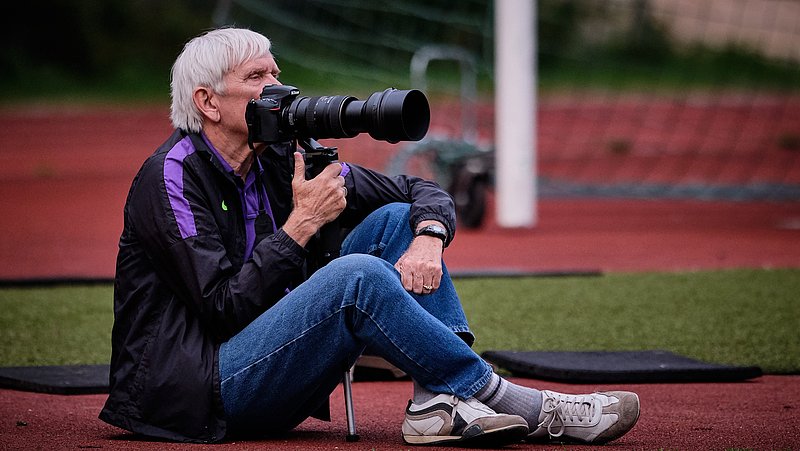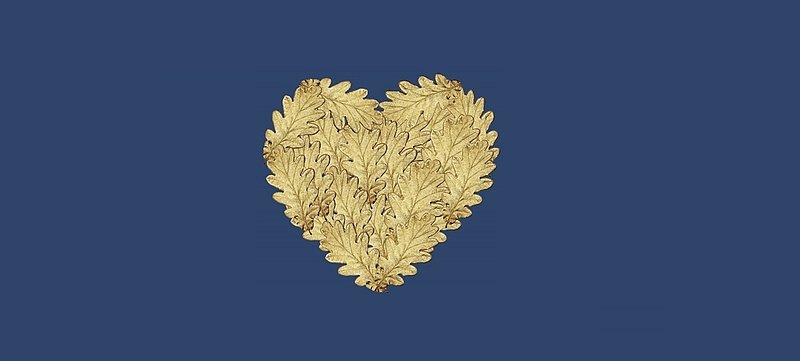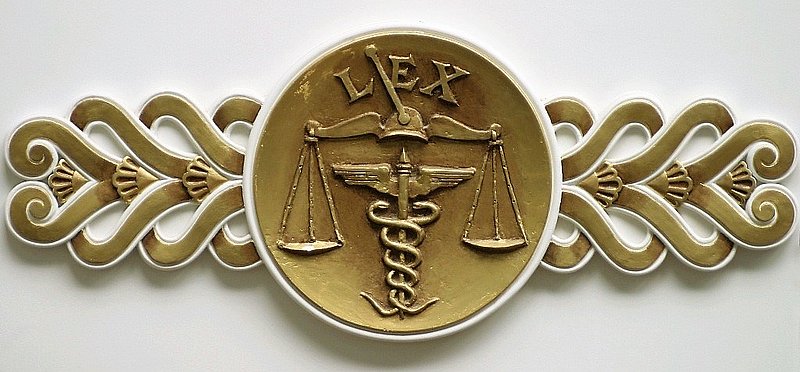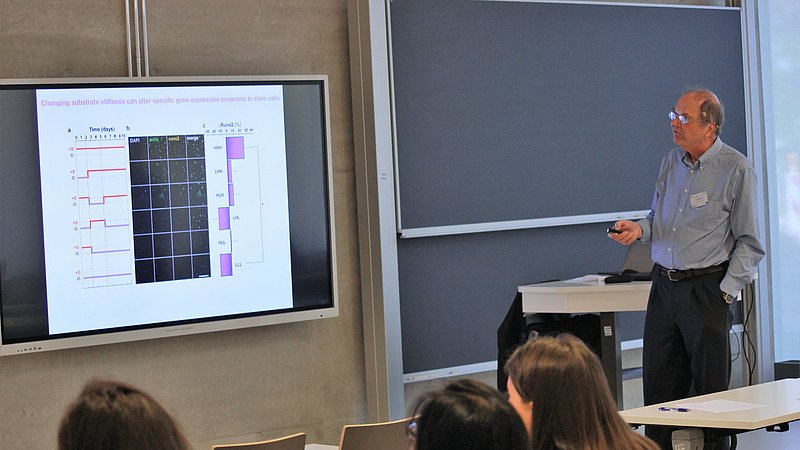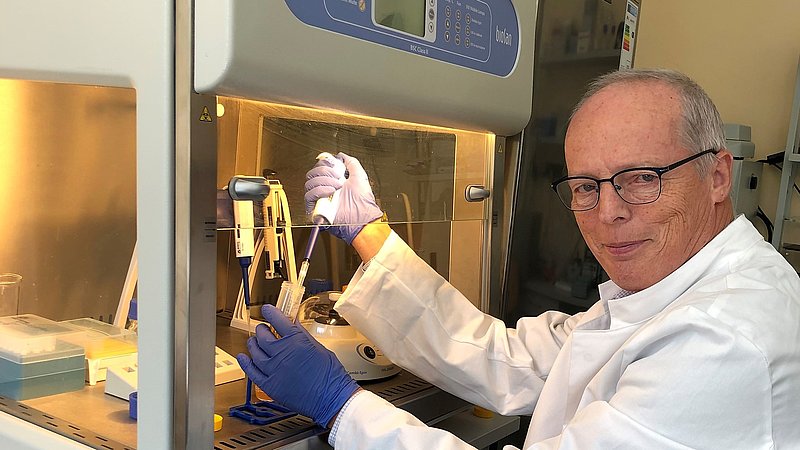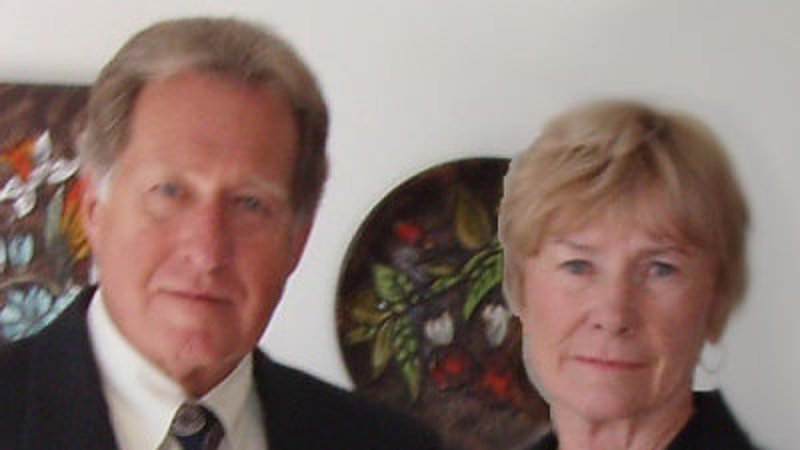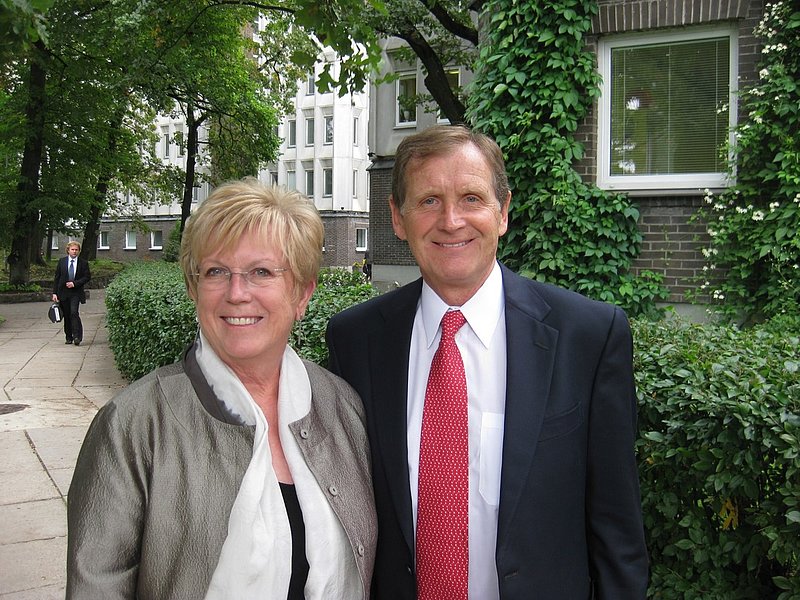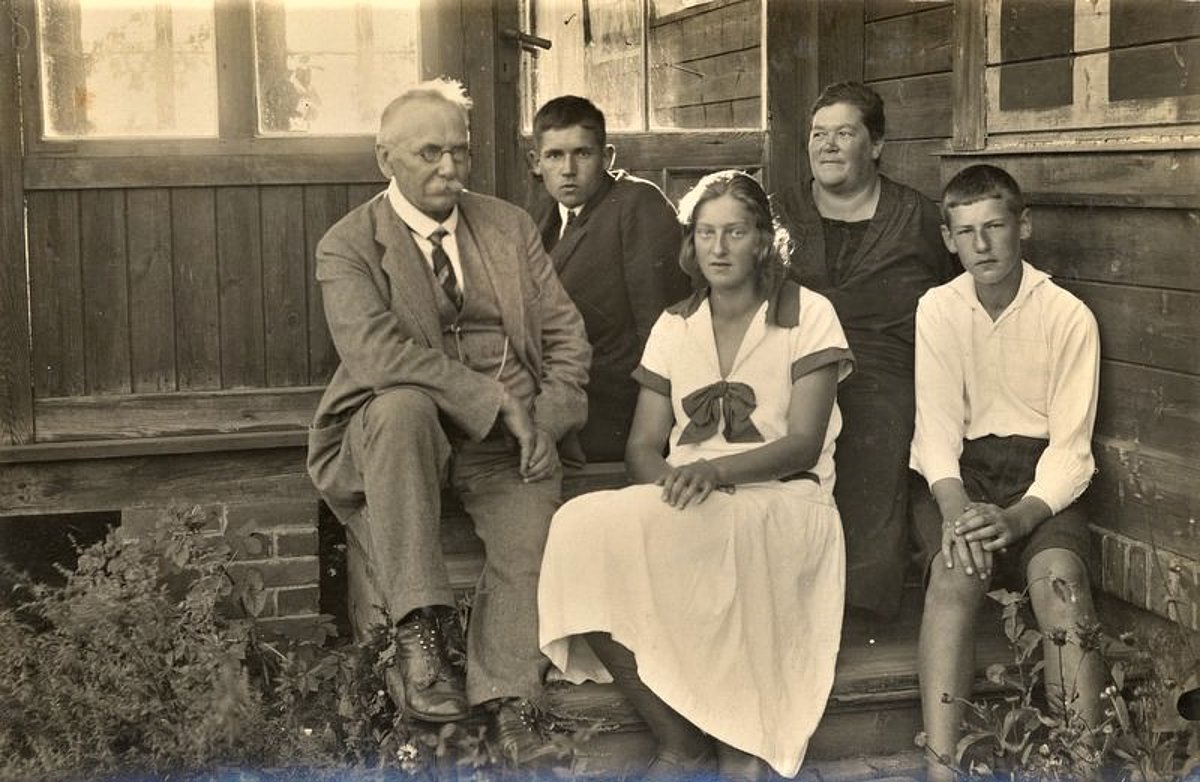
One of the most singular personalities and founders of the University of Latvia is professor Ernests Felsbergs (1866–1928), who, at the invitation of the Latvian government, was actively involved in formation of the UL and became one of its founders. According to him, University of Latvia was to become the highest-level European university. The professor had a special interest in researching and promoting of antique culture.
Felsbergs family scientific heritage
The deep roots of the Felsbergs family can be found in Vidzeme in the early 19th century. Johans Ernests Teodors Felsbergs was born on November 7, 1866, in Taurene parish. After completing the school course at Cēsis County School, he worked as a teacher for a long time. Later he enrolled at University of Tērbata (today – University of Tartu), where he studied classical philology (1897–1901), and concurrently worked as a home-teacher and a church-teacher. In 1920, he defended his dissertation “Brāļi Grakhi”.
He married Lūcija Ģertrūde (Lucy Gertrude, née Coates) (1876–1949), and three children were born in their family: Lūcija, Alberts and Aleksandrs. Lūcija Beatrise Felsberga-Bērziņa (1907–1999) is the mother of the patron Guntis Bērziņš. He gained a master’s degree in philology from the University of Latvia in 1935, majoring in English and Literature. From 1939, was a lecturer of English Literature at the UL Faculty of Philology and History and in 1944 was elected a private associate professor. In the aftermath of World War II, he along with his family left Latvia, and from 1946 to 1949 was employed as an associate professor of English and American Literature at the newly founded Baltic University in Hamburg and later also in Pinneberg. In 1949, the entire Felsbergs family emigrated to Australia. There, Guntis Bērziņš met his spouse Laima Asja (née Biezaite) (1942) and raised four sons; their eldest son, Valdis Bērziņš gained a master’s degree in archaeology and a doctorate from the University of Oulu, Finland.

Prof. E. Felsbergs – the first elected rector of the University of Latvia.
“I think during these times it is crucial that people are as educated as possible, thus, it is necessary to support higher education,” says the long-time UL patron, founder of the prof. Ernests Felsbergs Memorial Scholarship, professional engineer and public figure Guntis Bērziņš (1938), and emphasizes that the greatest and most valuable resource of Latvia is its people. “From the national point of view, it goes without saying that we require the best and highest quality education. All those who are capable should be able to obtain this education,” accentuates G. Bērziņš.
The scholarship fund was created in 1999, as the parents Lūcija and Arvīds (1907–2000) had away 20 years ago. “It seemed to me that the best venture was an investment in the education in Latvia. With the then vice-rector of the University of Latvia, prof. Juris Krūmiņš, we established the idea of a scholarship.”.
The purpose of this scholarship is to support capable, diligent and socially active students of the UL in their humanities studies. Since 1999, 37 undergraduate, graduate and postgraduate students from the Faculty of Humanities (FH), the Faculty of Education, Psychology and Art (FEPA) and the Faculty of History and Philosophy (FHP) have received the scholarships of Felsbergs family.
With a modern outlook toward the future
The patron G. Bērziņš, who has spent much of his life in Australia and the United Kingdom, formulates three wishes for the University of Latvia in the next decade – to be progressive in its development, imbued with international trends and able to combine business with practice in science and teaching. “I am deeply impressed by the words of our new president, Egīls Levits – his vision of a modern Latvia. I would like to see the University of Latvia as a contemporary, state-of-art university in Latvia,” says G. Bērziņš. In addition, he emphasizes that “it is crucial that the University maintains close contact and links with its alumni, as they can provide a plenty of interaction with the society. It is good to see that this process has begun at the University of Latvia, but it has to soar even higher. Even now, 60 years after I graduated, my alma mater, the University of New South Wales in Sydney, sends me a monthly newsletter to keep me updated on the latest in its life.”

Patron Guntis Bērziņš. Photo: Toms Grīnbergs, UL Department of Communication and Innovation.
“It is essential for the University of Latvia to have lecturers from abroad working as teaching staff, not only as guest lecturers. They would bring the novel currents from other universities to help develop a diversity of new approaches. I feel that the UL is doing extensive research, but I would prefer lecturers to be even more involved in research, and that the researchers from institutes would also hold lectures. It would be enriching for both sides, if the lecturers were to do research, and the researchers – give lectures.”
Beginning of the University of Latvia
The Higher School of Latvia (today – the University of Latvia) was founded on September 28, 1919. Less than a year later, in August 1920, E. Felsbergs returned to his native country at the invitation of the new Republic of Latvia and became the interim rector of the Higher School of Latvia (1920–1922), but after the Cabinet of Ministers approved the Constitution of the University of Latvia, he became the first elected rector of the UL (1922–1923).
In June 1917, a section of the Latvian Teacher’s Congress took place in Tērbata, and for the first time, for three days, the basis for higher education in Latvia was systematically discussed and a decision made to establish an autonomous university in Riga, which would also contribute to the progression of science. The Council of the Latvian Higher Education Institution stressed that it should be autonomous in its pedagogical and scientific life, not only intended to prepare staff for the different needs of the state, but also to promote independent scientific research. The university must, on the one hand, maintain a lively relationship with its people and, on the other hand, nurture strong links with other universities in the world.
During these years, prof. Felsbergs’ energy was mainly devoted to the organization of the new University, and he was a scientist and lecturer, holding lectures in classical philology, Greek history, antique cultural and art history. As a professor of classical philology and art, he also founded the UL Art History Cabinet, which collected valuable specimens of antique art and cultural literature, and amassed the largest collection of images and slides dedicated to antique culture.

Prof. E. Felsbergs, working on his book “Grieķu vāzu gleznas” at his country house “Pipariņi” in Cēsis parish (1926.)
Prof. E. Felsbergs has published more than 20 scientific publications in Latvian, English and Russian. Notable books include “Ievads grieķu mākslas vēsturē”, “Akropole un Panteons” (both in 1926) and “Grieķu vāzu gleznas” (1927). In March 1928, Felsbergs was elected UL Honorary Doctor of honoris causa in classical philology at the UL Faculty of Philology and Philosophy. On August 31 of the same year, after fighting a serious illness, he passed away.

 Academic Centre
Academic Centre